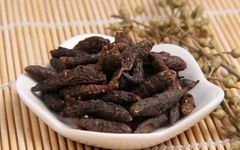Anxiety and Depression Case (Liver Qi Stagnation)Patient History (Wang Shaohua): The patient is a 39-year-old female who experiences anxiety and irritability, unable to let go of trivial matters and past events in her life. For instance, she repeatedly checks the gas valve in the kitchen before sleeping, taking over ten minutes each time, and soon after returning, she feels compelled to check again. Due to her anxiety and irritability, she struggles to communicate with those around her, speaking in a tense and harsh tone, which has led to others becoming annoyed with her over time. Additionally, she suffers from insomnia, and during the day, her emotions are unstable; she often sighs alone in her room, and before speaking, she must sigh, as if she cannot speak without doing so. During the day, she can cry for no apparent reason. Her family, worried about her condition, took her to seek medical help, where she was diagnosed with neurasthenia and anxiety disorder, leading her to seek assistance from Traditional Chinese Medicine (TCM). Upon examination, her pulse was wiry, her tongue had a white coating, was pale red with petechiae; her menstruation was delayed, with significant abdominal pain during menstruation, and the blood was dark in color; she often felt distension and discomfort in the hypochondrium, fullness in the upper abdomen, lack of appetite, general weakness, and reluctance to move. The prescription was: Xiang Fu (Cyperus rotundus), Chuan Xiong (Ligusticum chuanxiong), and Zhi Zi (Gardenia jasminoides) each 15 grams, Cang Zhu (Atractylodes lancea) and Shen Qu (Malt) each 20 grams, and Chai Hu (Bupleurum chinense) 15 grams, decocted in water for oral administration. After 10 doses, she reported a reduction in anxiety and irritability, with occasional emotional fluctuations, but overall, she was able to self-regulate. However, she still felt fatigued and had poor sleep quality. At this point, the original prescription was modified to include Yuan Zhi (Polygala tenuifolia) 20 grams, Dan Shen (Salvia miltiorrhiza) 15 grams, and Huang Qi (Astragalus membranaceus) 30 grams, and another 10 doses were given. This time, all her symptoms resolved, and she returned to normal. During the treatment, she had one menstrual cycle, and the abdominal pain disappeared.Analysis:
The patient was clearly diagnosed by Western medicine with neurasthenia and anxiety disorder. In TCM, this is viewed as depression syndrome. This encompasses a wide range of conditions, including anxiety, depression, and neurasthenia, all of which can be categorized under this umbrella. This condition is related to the liver, stemming from liver qi stagnation. The patient presented with a wiry pulse, which is a clear sign of liver qi stagnation and disharmony; the liver governs the smooth flow of qi, and with liver qi stagnation, the qi mechanism is obstructed, leading to fullness and discomfort in the chest and hypochondrium, and a constant urge to sigh; the liver governs emotions, and with liver qi stagnation, emotional expression is hindered, resulting in the patient feeling sad, wanting to cry, and experiencing unstable emotions, anxiety, and irritability; the liver houses the soul, and with liver qi stagnation, the soul is not properly housed, leading to poor sleep; qi is the commander of blood, and when qi flows, blood flows; currently, with liver qi stagnation, blood flow is obstructed, causing the patient to have blood stasis, resulting in dark menstrual blood, abdominal pain, and delayed menstruation. Therefore, overall, the patient is in a typical state of liver qi stagnation.
At this time, the treatment should focus on soothing the liver and resolving depression. Once the liver qi blockage is released, all symptoms will resolve. The prescription includes Chai Hu and Xiang Fu, which soothe the liver and resolve depression, addressing the fundamental issue of liver qi stagnation; since liver qi stagnation can lead to blood stasis, Chuan Xiong is used to invigorate blood circulation; liver qi stagnation can easily generate heat, which is why the patient feels irritable, thus Zhi Zi is used to clear heat and drain fire; liver qi stagnation can obstruct the movement of fluids, leading to dampness, so Cang Zhu is used to strengthen the spleen and dry dampness, preventing the generation of dampness; the liver belongs to wood, while the spleen and stomach belong to earth; with liver qi stagnation, the spleen is affected, leading to poor appetite and digestion, so Shen Qu is used to harmonize and nourish the spleen and stomach, promoting digestion and stimulating appetite. Later, after treatment, the patient still felt fatigued and had poor sleep, so Huang Qi was added to tonify qi and improve fatigue; simultaneously, Dan Shen and Yuan Zhi were included to calm the mind and assist sleep.
In fact, the prescription used in this case is a modified version of Yue Ju Wan, which is a formula from the “Dan Xi Xin Fa”. Its basic components are Cang Zhu, Xiang Fu, Chuan Xiong, Shen Qu, and Zhi Zi, all in equal parts. Its function is to regulate qi and resolve depression, treating the so-called six stagnations, including qi stagnation, blood stagnation, phlegm stagnation, fire stagnation, damp stagnation, and food stagnation. Here, qi stagnation is the primary cause. Xiang Fu treats qi stagnation; Chuan Xiong treats blood stagnation; Zhi Zi treats fire stagnation; Cang Zhu treats damp stagnation; Shen Qu treats food stagnation; when the five stagnations are resolved, phlegm stagnation will naturally cease to exist, thus this formula can treat the six stagnations. However, Yue Ju Wan primarily focuses on soothing the liver, regulating qi, and resolving depression. The patient mainly presented with emotional obstruction, chest fullness, abdominal distension and pain, acid reflux, belching, nausea, and decreased appetite. It can be said that it is a commonly used formula in modern TCM clinical treatment of depression syndrome.
Of course, these medical prescriptions are for treating illness, not the heart. To fundamentally eliminate some issues, one must change their mindset. The method of treating the heart with medicine can only be realized through personal reflection and understanding. One key point is to lower desires, maintain a calm mindset, and not be overly demanding. Many of our physical and mental illnesses stem from having excessively high thresholds for inner desires.
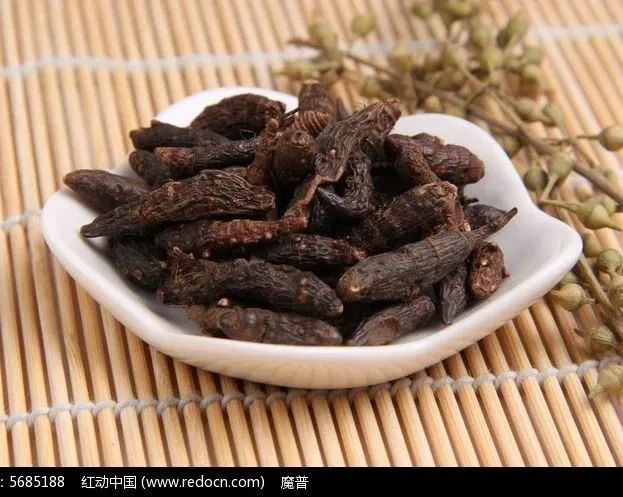 Xiang Fu
Xiang Fu Chuan Xiong
Chuan Xiong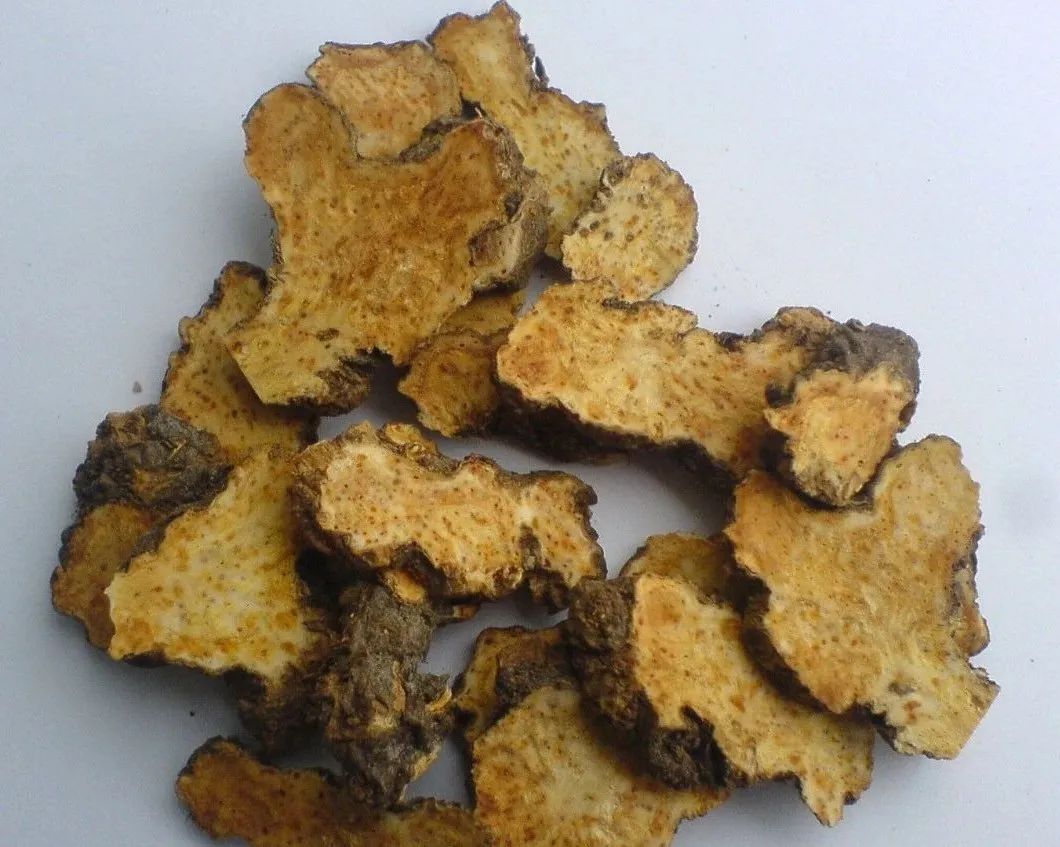 Cang Zhu
Cang Zhu Zhi Zi
Zhi Zi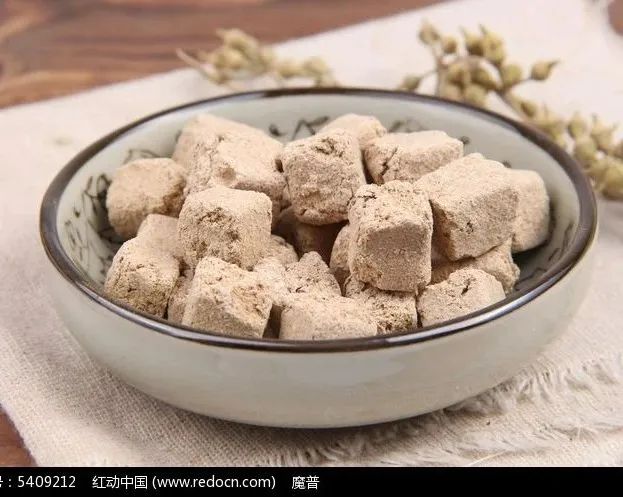 Shen Qu
Shen Qu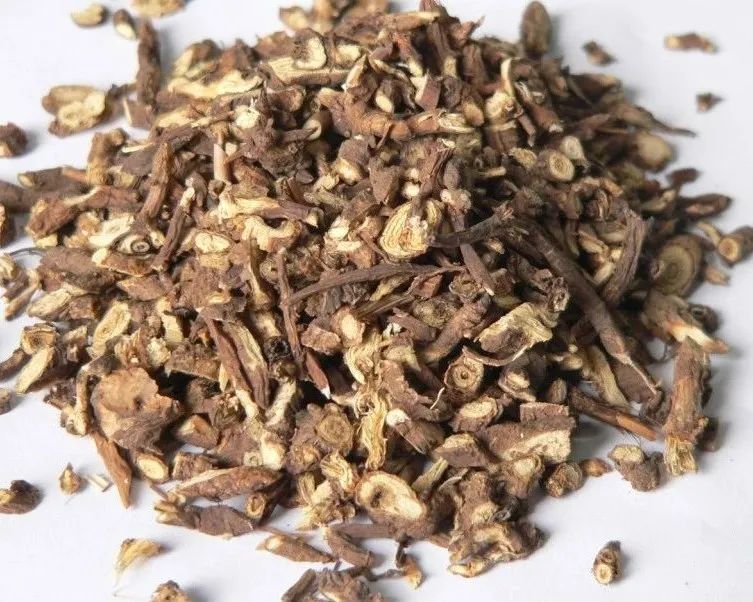 Chai Hu
Chai Hu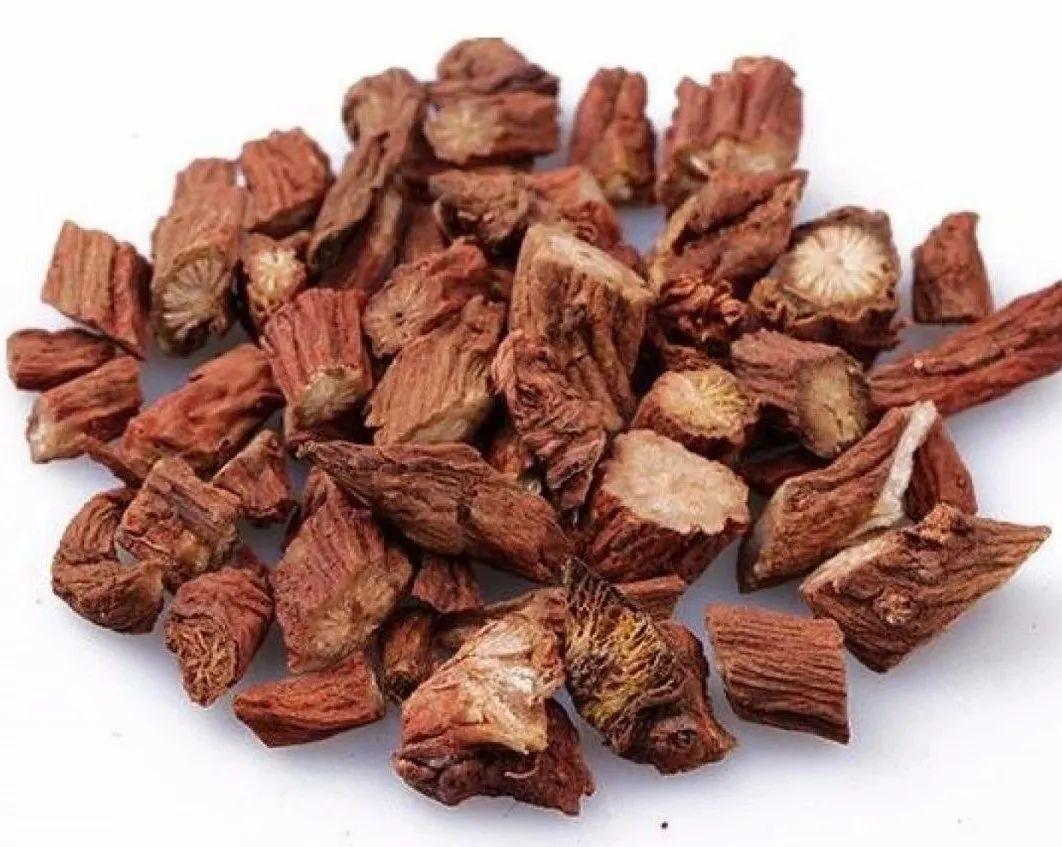 Dan Shen
Dan Shen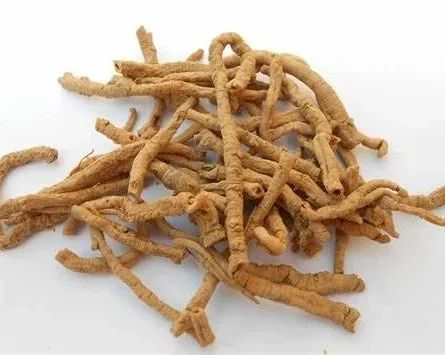 Yuan Zhi
Yuan Zhi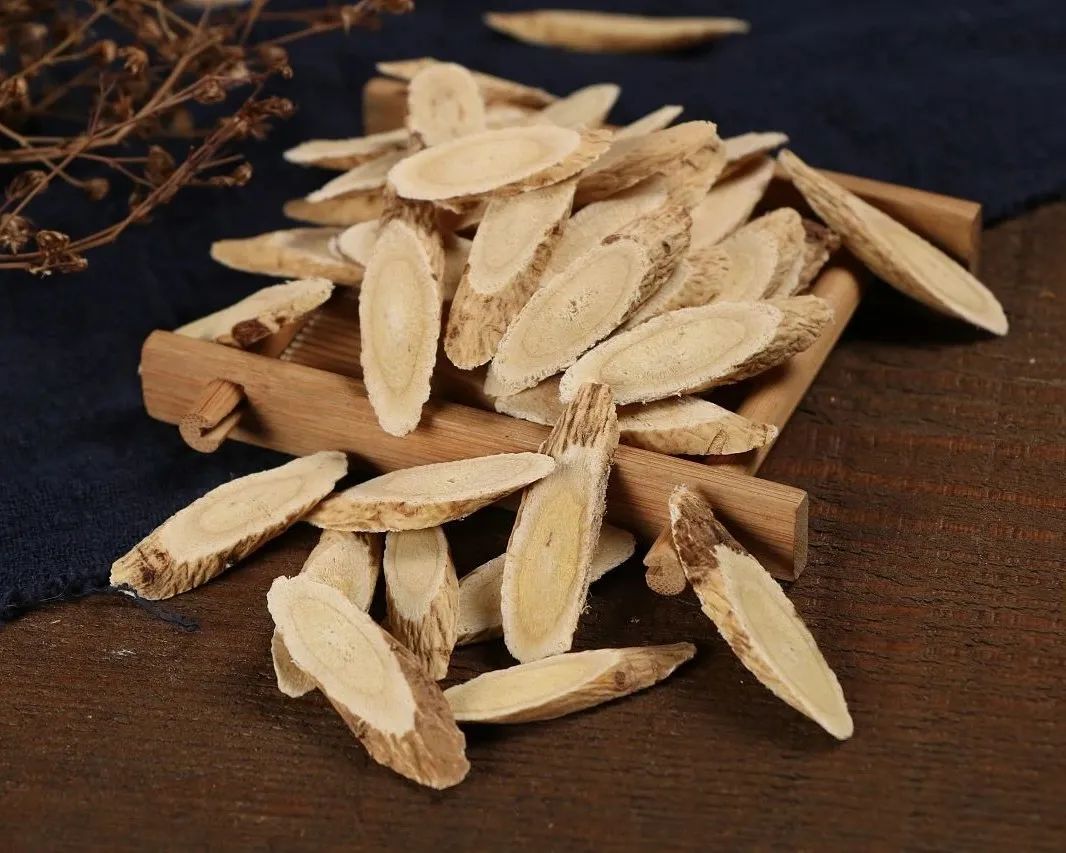 Huang Qi
Huang Qi

